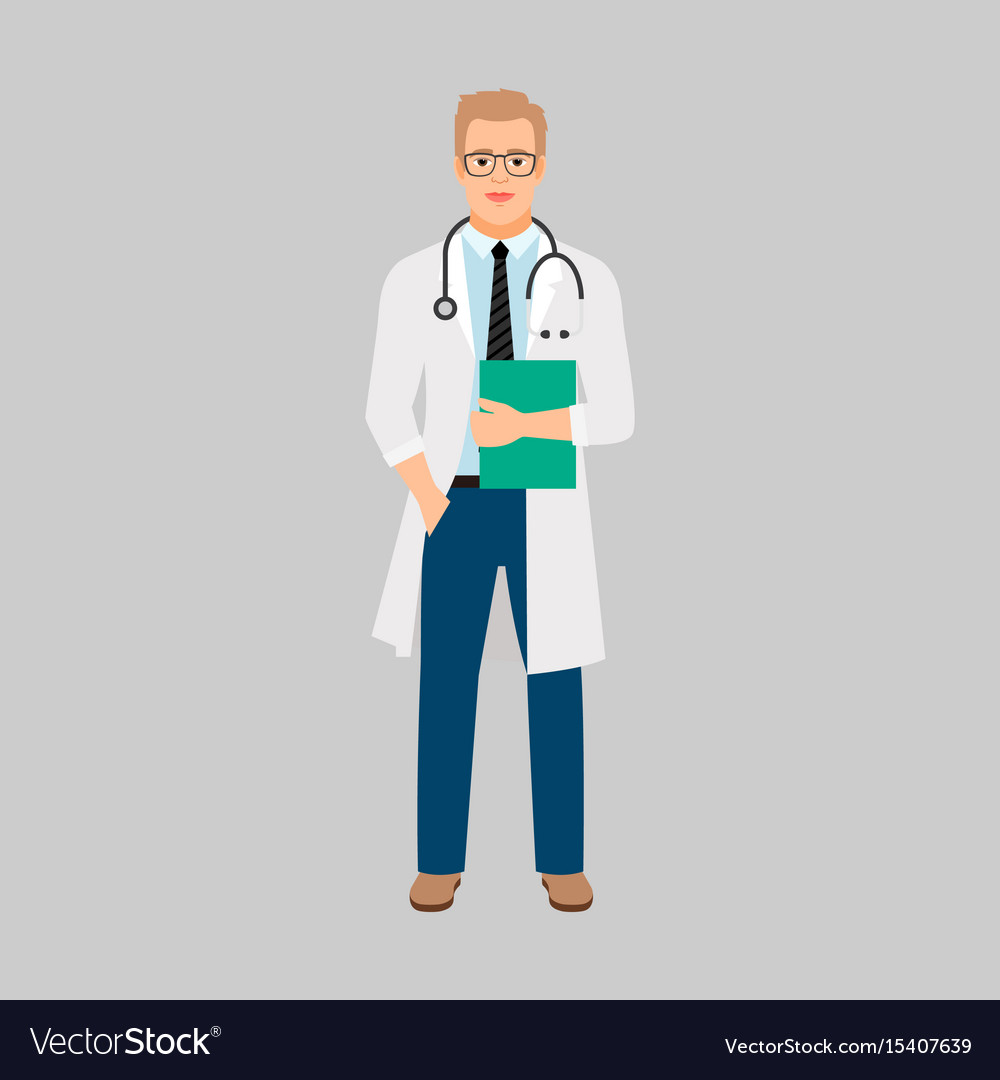For ages, people have been consulting doctors for treating their health problems. But medicine is a wide field consisting of numerous streams of knowledge, each giving rise to a particular specialist. Today we shall discuss about the most common specialists which you will come across at a multi-specialty hospital:

- Immunologists or allergists treat disorders of our immunity such as eczema, asthma, insect sting allergies, food allergies and certain autoimmune diseases.
- Cardiologists deal with blood vessels and heart problems such as heart attack, irregular heartbeat and high blood pressure.
- While surgical procedures are carried out on your anatomy, you will feel the requirement of an anesthesiologist who will numb your pain by administering required drugs.
- Critical Care Medicine Specialists, as their name suggest, can be your go-to guy in the case of a sudden clinical emergency such as organ failure or accident.
- Rectal and colon surgeons cater to problems arising from our colon, bottom and small intestine such as inflammatory bowel disease, hemorrhoids and colon cancer. They are also known to conduct tests for colon cancer.
- Endocrinologists are metabolism and hormone experts who are well braced to treat conditions such as thyroid problems, diabetes, bone and calcium disorders and infertility.
- The good old family physician is a person we all seek help from for treating basic medical conditions. They are also known to conduct routine screenings and checkups as well as administering immunization and flu shots whenever required.
- Dermatologists have been enhancing the external beauty of patients for ages with their in-depth knowledge in the field of hair, skin and nails.
- Gastroenterologists can help us cure ulcers, abdominal pain, jaundice, diarrhea and cancers in digestive organ with their immense expertise over pancreas, stomach, gallbladder and liver.
- Hematologists deal with medical anomalies such as leukemia, anemia, hemophilia, sickle cell disease etc. arising out of our spleen, blood and lymph glands.
- The Geriatric Medicine Specialist exclusively caters to the elderly population and are often seen visiting the grey haired oldies in doctors’ offices, patient homes, assisted-living centers, nursing homes and hospital.
- The Infectious disease specialists diagnose and treat infections causing lyme disease, fevers, tuberculosis, pneumonia, AIDS and HIV. Some even concentrate on the diseases arising from travelling to far off countries and accessing contaminated food or water.
- Palliative and Hospice Medicine Specialists equipped with high-end skills in pain management usually serve people who are counting their last days.
- Medical geneticists conduct the diagnosis and treatment of hereditary disorders which usually get passed down through the bloodline. They also conduct screening tests and genetic counseling.
- Internists are primary-care doctors who treat complex illnesses in adults. The internists are well trained in an array of subspecialties such as cancer, heart disease, and sleep or adolescent medicine.
- Neurologists specialize in nervous system which brings under its periphery spinal cord, brain and nerves and problems arising such as epilepsy, spinal tumors, Alzheimer’s disease, Parkinson’s disease.
- Nephrologists treat kidney diseases, mineral imbalances and high blood pressure.
- Oncologists are also known as cancer specialists. Patients are seen seeking their appointment for availing radiation therapy and chemotherapy treatments.
- Gynecologists and obstetricians usually focus on women’s health especially during pregnancy and childbirth. These specialists conduct pregnancy checkups, pelvic exams and pap smears for monitoring the reproductive health of a lady.
- Pathologists are the lab doctors who undertake the background work of examining body fluids and tissues under microscopes. They come out with tests results which are routinely used by other specialists for carrying on their diagnosis.
- Ophthalmologists or eye specialists can diagnose and treat medical conditions such as glaucoma. They are also seen prescribing contact lenses and glasses according to the patient’s requirement. In contrast to optometrists, they can carry out surgical operations on our eye as well as treat petty diseases with routine medication.
- Pediatricians specialize in children’s health. Some even look after specific areas such as developmental issues and child abuse faced by both teens and pre-teens.
- Plastic surgeons can repair or rebuild your skin, hands, face, breasts and other body parts. Their requirement is largely felt in the aftermath of a disease or injury which can disfigure patients.
Braced with the above list, you can readily appoint a medical specialist to cater to your individual health requirements.
Sam
Sam is a T-Shaped digital marketer and freelancer on Up work where he talks about digital marketing case studies, tips, techniques, and more. Helping startups with digital marketing is what he loves.
Recent Posts
- Castor Oil For Better Hair Growth: Is It Myth Or Fact?
- Exploring the Differences Between Sermorelin, Ipamorelin, Ibutamoren, GHRP2, and GHRP6: Understanding Their Role in Human Growth Hormone Regulation
- Unraveling the Mystery: Understanding the Causes and Prognosis of Ventricular Tachycardia Without Apparent Heart Disease
- Understanding Grandparents’ Rights in Oklahoma: Navigating Visitation and Legal Protections
- 10 Reasons to Consider Hypnotherapy for Your Health

